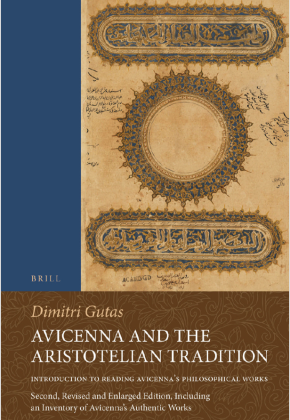In the formulation of historico-critical problems it is wrong to conceive of scientific
discussion as a process at law in which there is an accused and a public prosecutor
whose professional duty it is to demonstrate that the accused is guilty and has
to be put out of circulation. In scientific discussion, since it is assumed that the
purpose of discussion is the pursuit of truth and the progress of science, the person
who shows himself most “advanced” is the one who takes up the point of view
that his adversary may well be expressing a need which should be incorporated,
if only as a subordinate aspect, in his own construction. To understand and to
evaluate realistically one’s adversary’s position and his reasons (and sometimes
one’s adversary is the whole of past thought) means precisely to be liberated from
the prison of ideologies in the bad sense of the word—that of blind ideological
fanaticism. It means taking up a point of view that is “critical”, which for the purpose
of scientific research is the only fertile one.
Selections from the Prison Notebooks of Antonio Gramsci, edited and translated by
Quintin Hoare and Geoffrey Nowell Smith, New York: International Publishers, 1971,
343–344.
